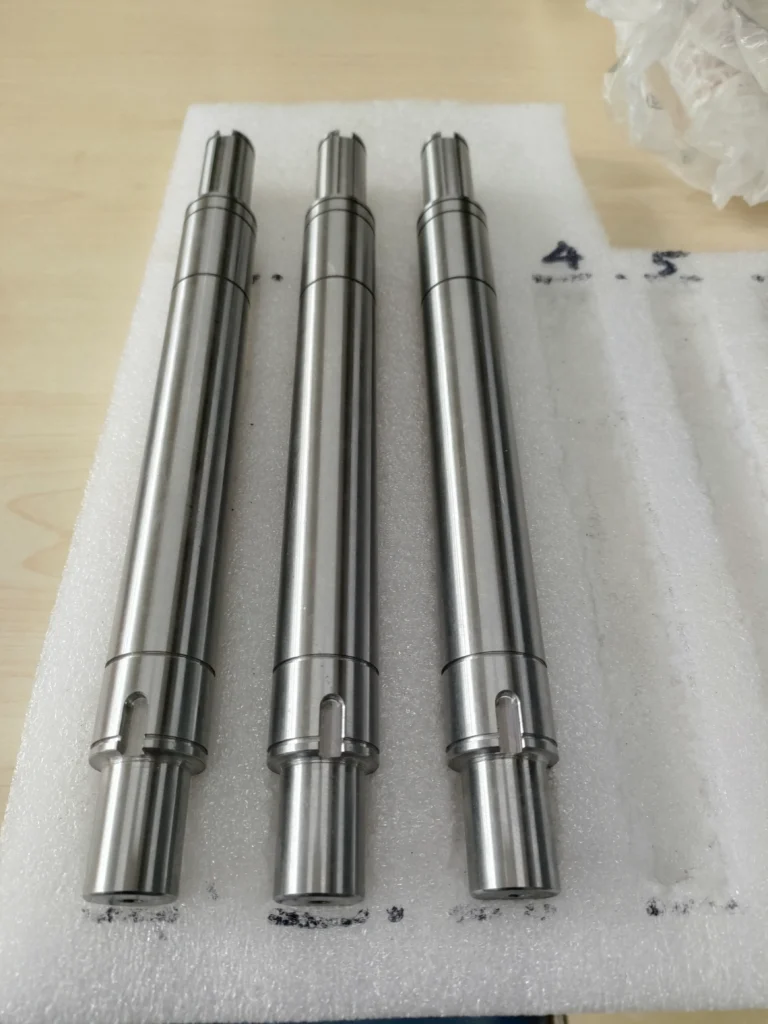Introduction to Motor Shafts
Manufacturing Processes
Factors to Consider When Choosing a Motor Shaft
The common materials used for manufacturing motor shafts include steel, stainless steel, aluminum, and titanium. These materials are chosen for their strength, corrosion resistance, and ability to withstand high temperatures and pressures. Additionally, some motor shafts may also be coated with materials such as chromium or nickel for extra durability and protection.Type of material: Stainless Steel – Grade: 304 – Thickness: 2mm – Finish: Brushed – Tensile strength: 75,000 psi – Corrosion resistance: Excellent – Weldability: Good
The key challenges associated with misaligned motor shafts include:
Increased wear and tear:
Misalignment can cause excessive vibration and friction, leading to premature wear and failure of bearings, seals, and other motor components.
Reduced efficiency:
Misalignment can lead to increased power consumption and decreased operating efficiency of the motor, resulting in higher energy costs and decreased overall productivity.
Increased maintenance requirements:
Misaligned motor shafts require more frequent maintenance and repair, resulting in increased downtime and maintenance costs.
Overheating:
Misalignment can cause the motor to overheat, which can lead to thermal damage and decreased operating lifespan.
Safety hazards:
Misaligned motor shafts can result in safety hazards for workers due to increased vibration, noise, and potential equipment failure.
Reduced equipment lifespan:
Misalignment can lead to shortened lifespans of both the motor and connected equipment, resulting in higher replacement costs.
Motor shafts can vary in different industrial applications based on several factors including size, material, shape, and design.
Size:
Motor shafts in different industrial applications can vary in size depending on the torque and power requirements of the specific application. Larger industrial applications such as heavy machinery may require larger and stronger motor shafts.
Material:
Motor shafts can be made from different materials such as stainless steel, carbon steel, aluminum, or brass, depending on the requirements of the application. The material choice is important for factors such as strength, corrosion resistance, and weight.
Shape:
Motor shafts in different industrial applications can have different shapes such as round, hexagonal, or square depending on the specific requirements of the application. The shape of the motor shaft can impact its ability to transmit torque and power.
Design:
The design of motor shafts can vary based on the specific requirements of the industrial application. Some motor shafts may need to have keyways, threads, or other features to facilitate the connection with other components in the system.
In summary, motor shafts can vary in size, material, shape, and design in different industrial applications to meet the specific requirements of the application.

